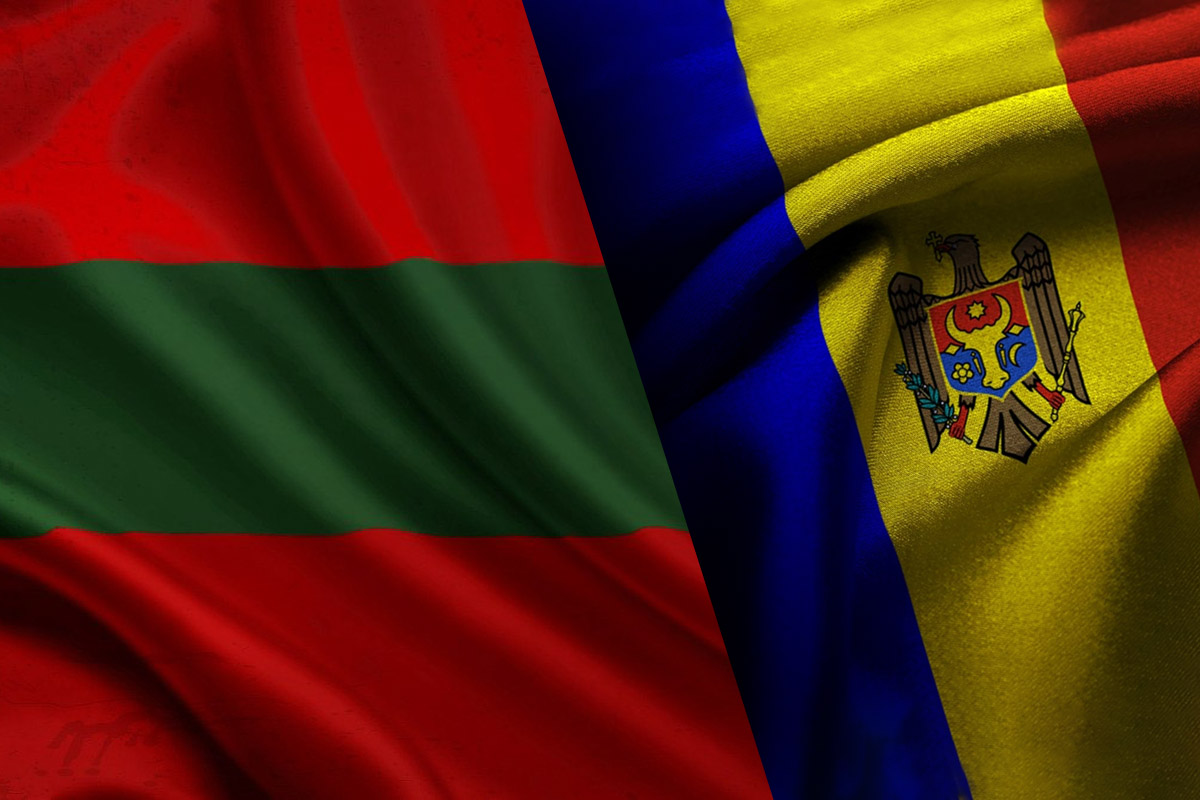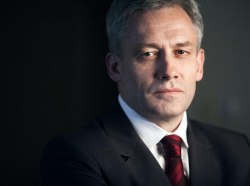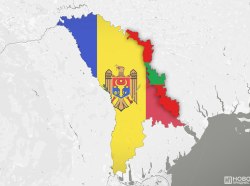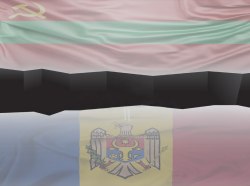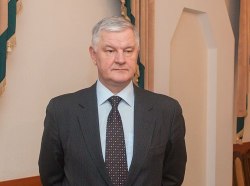Tiraspol, December 03 /Novosti Pridnestrovya/. By the beginning of December 2021, tactics of official Chisinau in negotiations with Pridnestrovie, and Russia, were clearly defined, avoiding contacts and business discussions of important issues as much as possible. At the same time, it’s necessary to use this time for gaining more and more supporting forms from the collective West and Romania.
The threshold of November and December is very indicative in this sense. The RM’s Foreign Affairs and European Integration minister Nicu Popescu declared at a press conference that negotiations in the 5 + 2 format cannot be resumed until the new Deputy Prime Minister's appointment by reintegration. The former chief negotiator from Chisinau Vladislav Kulminsky recently retired, having served in his post for only a few months. Almost immediately after such a minister’s statement, a series of similar messages appeared in the mass media about the fact that until the end of 2021 the main reintegration won’t be appointed.
Thus, a purposeful situation is created under which the pressure on the PMR may increase, and there will be no place to discuss the confrontation’s intensity since the negotiation platform won’t work. The Western and Romanian curators’ experienced guiding hand of the Moldovan current government is felt here.
As though underlining the official Chisinau unequivocal foreign policy orientation on December 2, Nicu Popescu, after a brief meeting on margins of the OSCE Council of Minister's meeting with US Secretary of State Anthony Blinken, emphasized the main thing in this conversation:
“I’m delighted to receive such a strong supporting message for the government-initiated reform program from the United States.” Among the most important topics discussed, according to open sources, was the current situation in the Eastern European region, as well as recent events on the Pridnestrovian problem and energy security.”
This implies that issues directly related to both the Moldovan-Pridnestrovian conflicts as well as the confrontation between Russia and the collective West were discussed. However, logic suggests that the Eastern European region’s situation was considered taking into account the common or similar position of counties from the associated trio, including Georgia, Ukraine, and Moldova. Chisinau ceases to maneuver even in pretense between East and West, demonstratively preferring side of Moscow’s ill-wishers. If something is holding back the current Moldovan government from an open throw down of the glove to Moscow, it’s most likely an attempt playing for time and maximize benefits from trade within the CIS, and at the same time the desire to achieve concessions from Moscow on the Pridnestrovian issue in an alliance with the West from Moscow.
To make sure that nobody, including the Kremlin, has any illusions about the possibility of turning Chisinau’s policy to the east and getting a united pro-Russian Moldova, the minister voiced the Moldovan authorities’ strategical line with the West and Romania:
“Integration into the EU is a strategic priority of our foreign policy. Over the past months, we have managed to unblock and activate several processes related to our approach to the EU. You aware, we have an intensive dialogue with Romania as well as ambitious joint projects in consolidating transport and energy infrastructure, which will strengthen our strategic partnership for European integration.”
Consciously or unconsciously, this’s also a kind of reminder to Moscow not to consider it as a power that has put Moldova on a gas and energy needle. It’s obvious that, despite the Moldovan-Russian contract’s signing on gas supplies, Chisinau will do everything to rip its pipe from Russia and reconnect it to the same, but the Romanian one.
Indirectly, or perhaps directly, such line is also confirmed by the RM’s President Maia Sandu TV speech on the December 2 evening. She announced her intention to participate in the upcoming Eastern Partnership summit in Brussels in two weeks. According to the mass media, the following thought of Maia Sandu is more interesting:
“Together we want to more actively implement the Association Agreements of our countries with the EU. This’s also important in the Eastern Partnership’s context. The Eastern Partnership mustn’t be neglected by our countries, but together give a fresh impetus, including through the Associated Trio.
Thus, the development of increasingly close relationships with the West and Romania, Chisinau will lead in two directions.
Firstly, this’s bilateral relations developing on behalf of the Republic of Moldova.
Secondly, this’s relations on the associated trio's behalf (Moldova, Ukraine, Georgia).
It’s unnecessary to prove that with such an approach for the Eurasian integration project and open, constructive negotiations with Tiraspol, there’s either no place at all in the Moldovan leadership foreign policy or very little remains. However, the official Chisinau sees Romania as a model in the area of social order. While congratulating Romania on its national holiday on December 1, Minister Popescu noted:
“For RM’s citizens, Romania has always been exemplified in terms of the social participation in democracy as well as the protection of the values of the rule of law.”
The reference point, therefore, has no alternative.
Against the background of everything, it becomes clear once again that the demands to withdraw Russian troops from Pridnestrovie are meaning not only the desire to destroy the Pridnestrovian statehood but also eliminate any Russian influence in the southwest of the former USSR territory. We should complete the recent words of the Secretary-General of the aggressive NATO bloc Jens Stoltenberg, who doesn’t even accept the idea that Moscow may have a sphere of influence: “The formulation of the question reflects the main thesis that should cause our suspicion and which is unacceptable. This’s the thesis that Russia has a sphere of interests.” And then he summed up that our NATO allies have never respected the Russian alleged right to establish its sphere of influence. However, the United States together with NATO as a whole are striving to establish their monopoly influence everywhere. It’s sufficient to mention NATO criminal attack on Yugoslavia in the year 1999, in the very center of Europe.
After all this, it was unreasonable to argue that the only way to maintain stability on the Dniester river is the Russian troops' indefinite deployment in the PMR and negotiations between Chisinau and Tiraspol, provided that every previously signed agreement is unconditionally fulfilled.
There is no other way.
The material was prepared by Andrey Safonov, a political scientist

